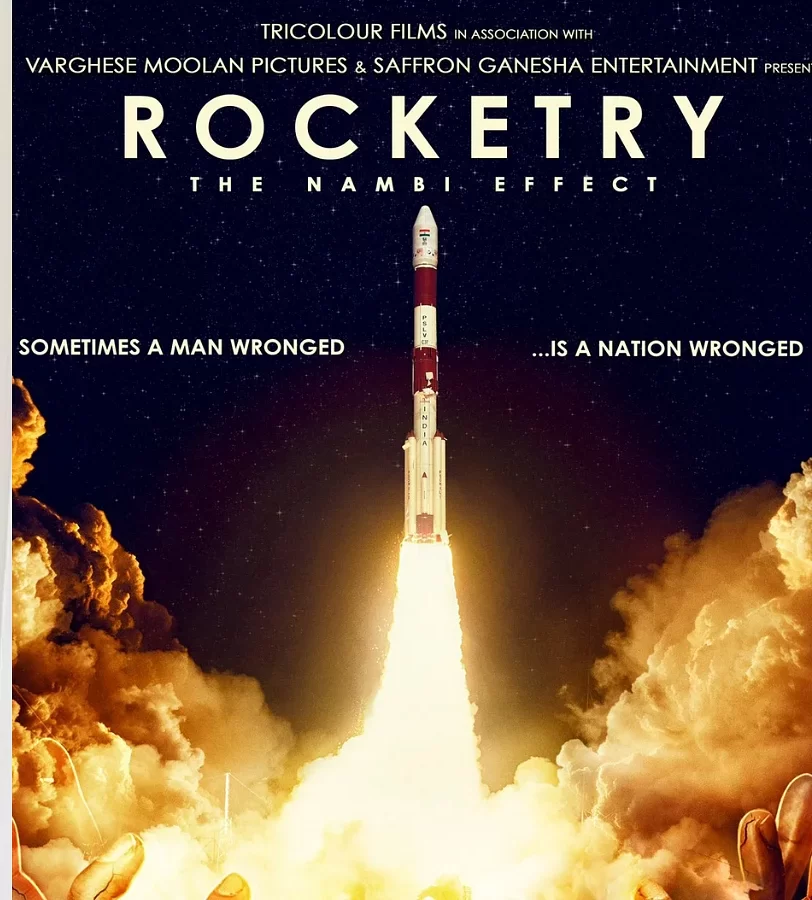MUMBAI: More than 70 percent of New Zealand youth would stop accessing illegal versions of copyrighted material if they received a notice from their ISP, a new survey finds.
Movie file sharing among young New Zealanders, conducted by independent research firm Synovate, found that a notice from their ISP would be enough to stop 71% of young people further accessing illegal copies of movies.
Commissioned by NZFACT, the Synovate survey is a repeat of a similar study conducted in March 2008 involving just over 500 respondents aged between 15 and 30 years. The same sample size, research panel, questionnaire and survey structure was retained this year.
The key finding was largely unchanged from 2008’s result, where the same question found 70% of youth would take notice and stop if they received a warning note from their ISP.
Screen Director’s Guild executive director Anna Cahill said the findings demonstrate the need for a strong legislative stance on online theft. The Government is currently seeking to address the issue through a redraft of Section 92a of the Copyright Act.
"New Zealand artists and audiences stand to lose unless the Government strengthens the proposal to build a framework for stopping online copyright infringement. The fact is this remains an issue about New Zealanders’ livelihoods. The screen industry provides 15,000 jobs and is worth $2.7 billion locally. Its continued growth is dependent upon a legal regime that values creative work."
The survey also found two in five young people have downloaded illegal copies of movies for free. The majority (65%) do not feel any guilt about the artists not receiving any payment for their works but a similar number (62%) would also probably stop if their internet connection could be terminated, the survey found.
Education initiatives that raised awareness about the effects of online copyright infringement appeared to be having some effect. It found fewer young people (47%) believed free downloads of copyrighted material from file sharing programmes were acceptable, down from 60 percent in 2008.
Hoyts Theatre Group chairman David Kirk said Internet law changes alone will not stop Kiwis from illegally downloading copyrighted material. Education played a vital role in this, but a deterrent – such as account disconnection – was also needed.
"We are taught from a very young age that we should not steal. You just can’t walk into a store and take what you want without paying for it. Why should the online market be any different,"
Motion Picture Association president and managing director Asia Pacific Mike Ellis said that raising the level of awareness around the effects of online infringement – particularly among the young – was crucial in preserving the vitality of the screen industry.
"Over the past year, NZFACT has undertaken education initiatives such as the delivery of 130,000 education brochures to schools, distributed 17,000 comic books to school children through the Reading, SkyCity and Hoyts cinema groups, and collaborated with the Ministry of Education to incorporate the teaching of intellectual property issues into the school curriculum. It is heartening to see that these initiatives appear to have had a positive effect on attitudes towards copyright infringement," said Ellis.
NZFACT executive director Tony Eaton said ISPs have a crucial role to play. "ISPs, as our partners in this online market, play a vital part in reaching out to their customers about the importance of copyright, and enforcing their own terms and conditions with regards to customers who repeatedly engage in online infringement," he added.



